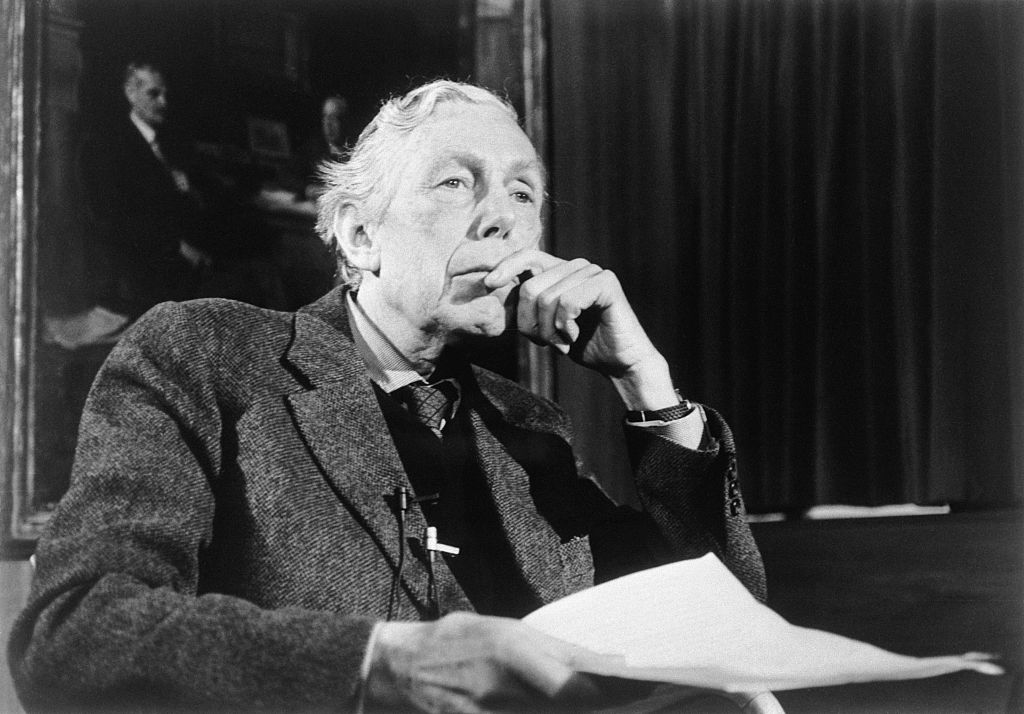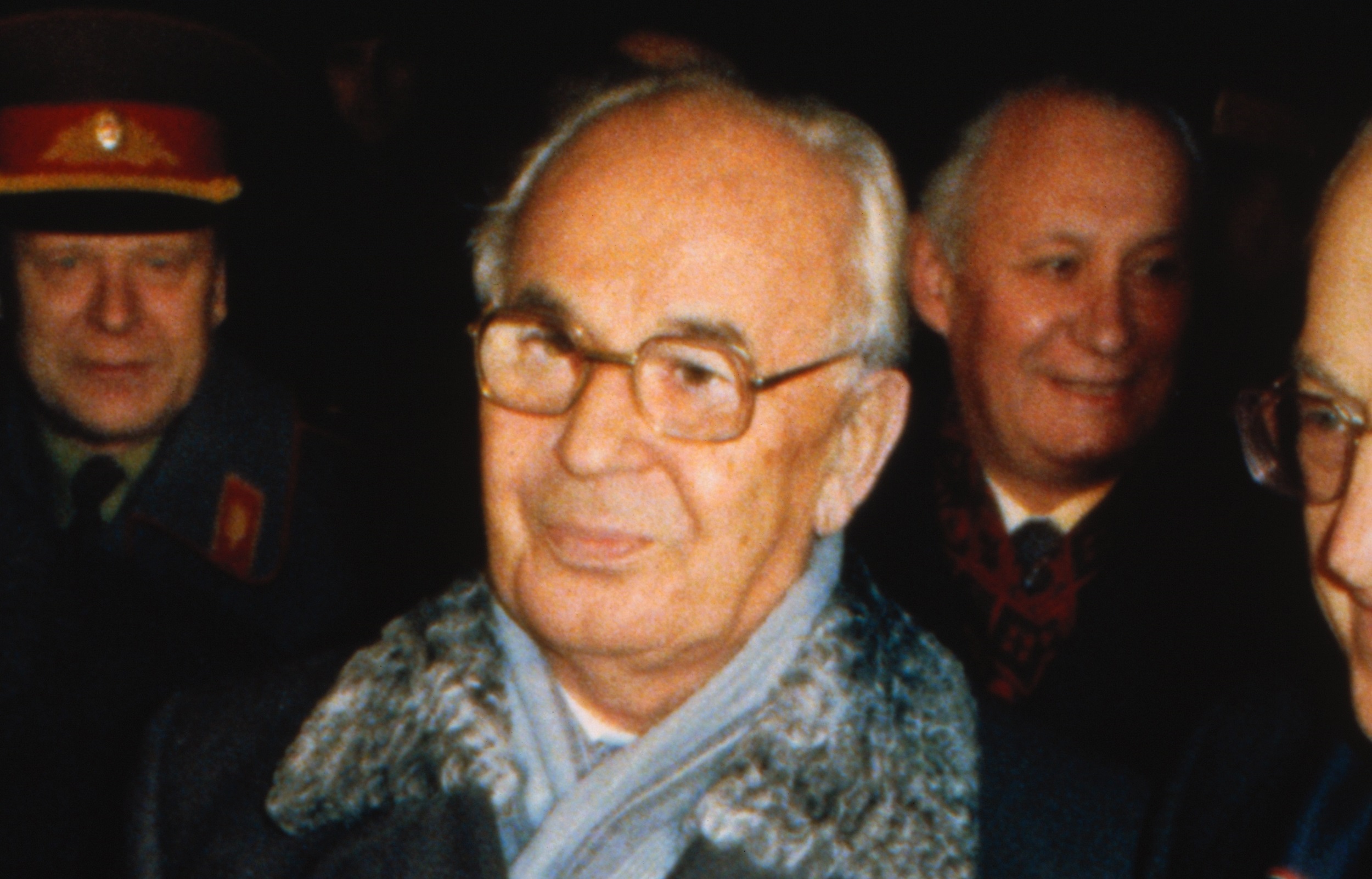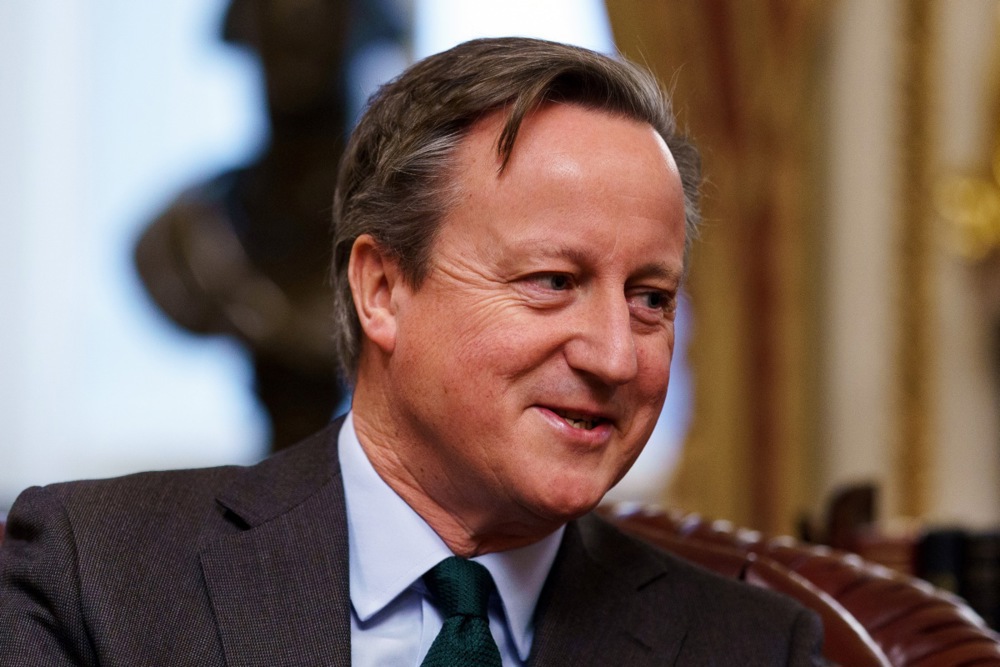Look for some good news now on Ukraine – and I mean good in whatever terms it can be used on that wrecked country — and you may end up in a room with Dr. Sumantra Maitra, one of the foreign policy specialists at American think tanks and an associate fellow at the Royal Historical Society, London.
Maitra is particularly worth listening to since he is part of the Project 2025 Presidential Transition team. The project has a $22m budget to line up conservative thinkers to join what may be a second Trump administration.
If you are wondering how likely that is, the latest polls show Trump leading Biden in five out of six swing states.
“Personnel is policy,” the project says, and Maitra is one of the personnel who may be dropped in near the top.
I was with Maitra last week. Here is what he said. After the November election, Trump may be hearing the same thing.
First, can Russia win in Ukraine? “If Russia wants to take over Ukraine, they will be bogged down for the next 20, 30 years. The Russians are not capable of taking over Ukraine. They simply do not have the power, the manpower, even the weapons.”
“The question I ask people is that when Operation Barbarossa happened, when Germany went into Russia [in 1941], how many people did you see walk at the same time? Four million people, 600,000 horses.”
“When the Russians went to Ukraine, it was 90,000 people for a country of 37m people. It is not that easy to pacify the second-largest country in Europe, even after eight million people have left Ukraine.”
We can stop right there and look at that figure. Eight million people have left Ukraine since the war started, many of them fighting-aged men. As for those left behind, we know that in Kiev and other cities, there are street fights over the issue of conscription.
Besides its army, the Ukrainian government will tell you they also have a foreign legion, the International Legion for the Defense of Ukraine. The official website says that in 2022, 20,000 volunteers from 52 countries had joined.
Maybe, or maybe not. The New York Times carried out an investigation in 2023 which showed only 1,500 had joined.
In fact just 1,000 joined.
Western politicians push for constant support for the war, and want to supply many more weapons. But if Ukrainians have left Ukraine in millions, and foreigners will not join to fight, the wicked question arises: “What if there were no men left to use the weapons?”
I blame none of the Ukrainians. They know what war looks like.
Indeed, imagine the war, this year and perhaps over the next ten years. Ask yourself if you would join. If you say Yes, you may be imagining you are a dashing anti-fascist heading for the Spanish Civil War. This war is not that war.
Leave it to the Ukrainian soldiers, the ones who did not run, and who are, by most measures, old for soldiers. Old, and as far as I can see, tough fighters, and ready for insurgency if that is what the war becomes.
To return to Maitra on that insurgency: “Even if Russia takes over the entirety of Ukraine, they will still face a hostile insurgency. Look at our experience in Iraq and Afghanistan. We were fighting camels and we failed.”
“The Russians will be fighting heavily armed people, extremely nationalistic, to put it very politely, and what are they going to do? They are going to have an insurgency for the next 20, 30 years.”
“After that, if the Russians think they are going to invade a NATO country and face an armed retaliation, though it is a statistical possibility, I find it very hard to believe the Russians are that illogical.”
Which is why Maitra is known in American foreign policy circles for one particular idea, his idea of a “dormant NATO.”
A beefed-up NATO with America in the lead is not good for America, Maitra says. The reasons are military, political, but very much economic.
Maitra last year pointed out that the structural forces that allowed U.S. hegemony are now gone. “America is hollowed out, with a $33 trillion debt: arguably the biggest threat in front of the United States. Put simply, America is on the verge of economic collapse, and a bloated government and defense budget are but one cause of it.”
Last year he wrote, “It is high time for the United States to pivot away from the continent as a national security priority.”
“The first pillar is significant retrenchment and burden shifting in Europe, with a pledge towards a finite NATO border and no further territorial expansion.”
“Europeans will never take their burden seriously until the US is not there to break the glass in case of a sudden fire.”
“NATO expansion was an ideological decision during the peak-post-Cold-War unipolarity and was bound to be unsustainable in the long run.”
“Like most bureaucracies, the supranational organization grew to survive. It morphed from a military alliance to an ideological and political group, simultaneously finding new tasks to sustain its existence while undermining the nationalist or independent strategic thinking of its member states.”
“A dormant NATO would mean a complete moratorium on activities that do not fall within a strictly military remit and only maintain organizational structures that would be needed and activated in the case of a major war.”
Maitra’s dormant NATO idea has caught the imagination in American conservative circles. Chances are President Trump will agree. Expect Maitra to be the one explaining it to him.






Why private equity danger is strangely reminiscent of 2008